By Michael Wilmington & Film Noir Blonde
The Noir File is FNB’s guide to classic film noir, neo-noir and pre-noir on cable TV. All movies below are from the schedule of Turner Classic Movies (TCM), which broadcasts them uncut and uninterrupted. The times are Eastern Standard and (Pacific Standard).
PICK OF THE WEEK
“The Informer” (1935, John Ford). Friday, Dec. 14, 6:30 a.m. (3:30 a.m.). Gypo Nolan – a hulking, good-natured, almost childlike brute of a Dubliner (played by Victor McLaglen) – has betrayed his I.R.A. friend to the British police. Now, with the reward in his pocket, he prowls the dark, fog-shrouded streets of his city.
At first Gypo pushes aside his anxiety and remorse, and spends the blood money, carousing and drinking with his instant new “friends.”
But gradually, fate and darkness, along with Gypo’s old comrades and his conscience, begin to close in – as the I.R.A. and their just but relentless commander (Preston Foster) track down the informer.
Of all the great film noir precursors of the ’30s – “M,” “The 39 Steps,” “You Only Live Once,” “Scarface,” “Le jour se lève” and “Public Enemy” – John Ford’s Oscar-winning masterpiece, “The Informer,” is one of the darkest, most powerful and most noirish.
Based on the much-admired Irish novel by Liam O’Flaherty, “The Informer” won Oscars for Ford’s superb direction, for Dudley Nichols’ taut, dramatic script, for Max Steiner’s haunting music and for McLaglen’s unforgettable performance as Gypo – a doomed man alone, surrounded by danger, tormented by his own guilt-ridden, fear-lashed soul. (In 1968, Jules Dassin remade “The Informer,” not as effectively, as “Up Tight.”)
Wednesday, Dec. 12
11:15 a.m. (8:15 a.m.): “The Man I Love” (1947, Raoul Walsh). Jack Warner once said “Raoul Walsh’s idea of a tender love scene is to burn down a whorehouse.” Here is Walsh’s idea of a tender love story: the tough, racy tale of a sultry, wised-up night club singer (Ida Lupino) and the man who loves her: slick gangster Robert Alda.
5 a.m. (2 a.m.): “Lady of Burlesque” (1943, William Wellman). A salty murder mystery set in the world of strip-tease shows, with Barbara Stanwyck as the stripper-sleuth. Based on the best-seller “The G-String Murders,” a book credited to legendary peeler Gypsy Rose Lee, ghosted by crackerjack comedy/mystery writer Craig Rice (“Home Sweet Homicide”).
Friday, Dec. 14
1:45 p.m. (10:45 a.m.): “Citizen Kane” (1941, Orson Welles).
Saturday, Dec. 15
8:45 a.m. (5:45 a.m.): “Impact” (1949, Arthur Lubin). Infidelity and murder plots, with Brian Donlevy, Ella Raines, Helen Walker, Anna May Wong and Charles Coburn.
Sunday, Dec. 16
2 p.m. (11 a.m.): “Wait Until Dark” (1967, Terence Young). From the hit stage play by Frederick (“Dial M for Murder”) Knott. Blind woman Audrey Hepburn sees no evil and tries to stave off Alan Arkin, Richard Crenna and Jack Weston.
12 a.m. (9 p.m.): “The Unholy Three” (1925, Tod Browning). A shivery thriller about three crooks who meet at the circus and form an unholy gang: a strong man (Victor McLaglen), a midget (Harry Earles) and a cross-dressing ventriloquist (Lon Chaney). One of the eeriest of all Browning’s macabre collaborations with Chaney (Silent with music track.)
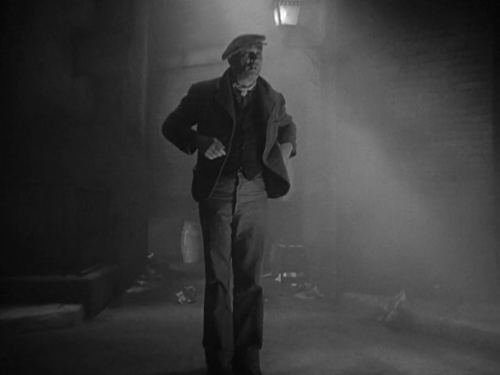
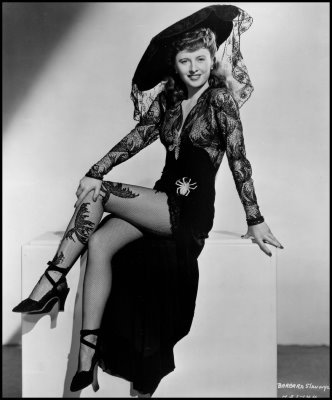






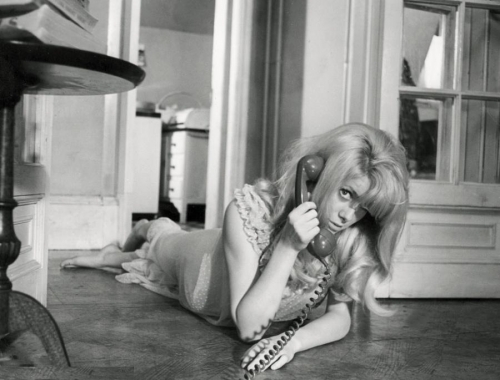
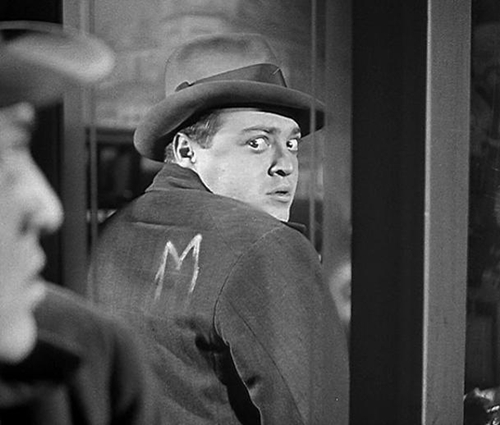
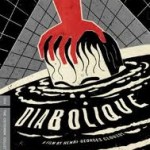
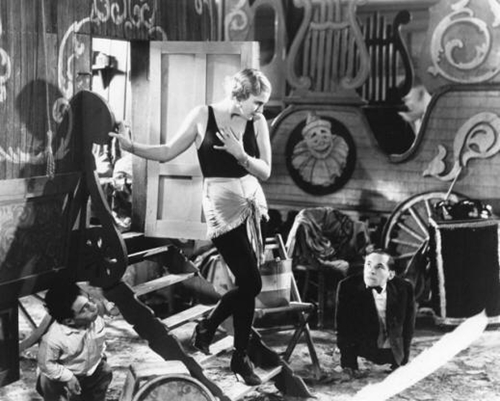
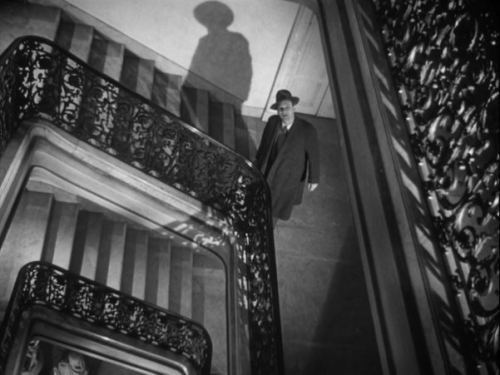
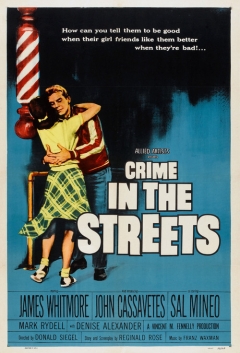





From FNB readers